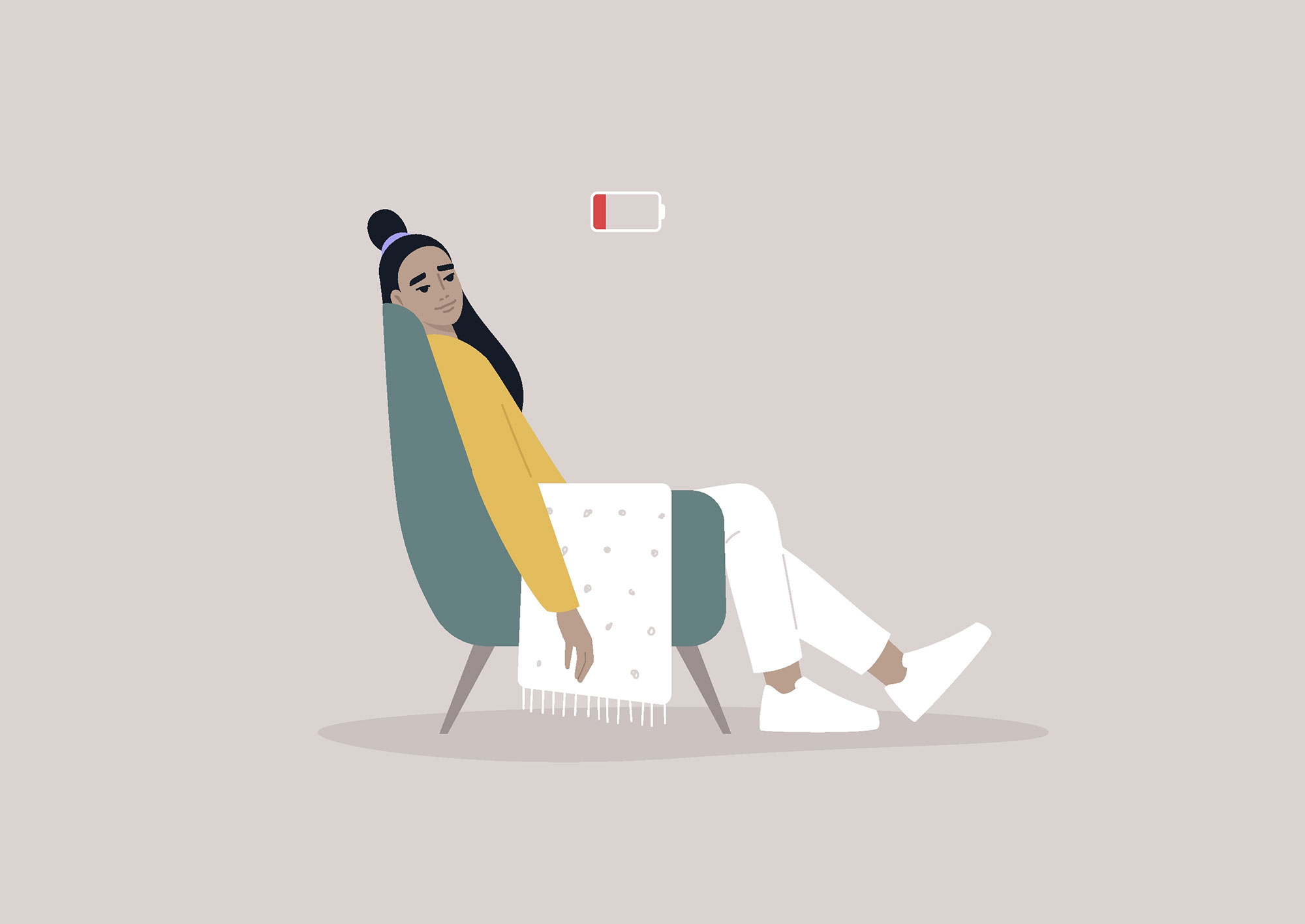Burnout and depression can manifest in similar ways. However, each has its own distinct characteristics. This means that treatment for each of these conditions differs in crucial ways.
If you worry you might be suffering from depression, burnout, or both, read more to learn how they’re both different and similar.
What Is Burnout?
There is no one set definition for “burnout.” Burnout can be brought on by an array of outside stressors that many people deal with, like raising children or taking care of a sick family member. Most commonly, burnout is related to high demands in the workplace.
Due to this, many of the symptoms are able to be related back to work. Burnout can manifest in several ways, but here are some of the most recognizable symptoms.
- Exhaustion: While everyone can fall victim to the afternoon slump, burnout exhaustion permeates much deeper. Excessive fatigue, lack of focus, and even stomach or gastrointestinal issues can all be related to extreme exhaustion.
- Lack of interest in work: Feeling burnt out can make you begin to resent your workplace and colleagues. Distancing yourself from others at work and overall feelings of bitterness toward your job are very common in those with burnout.
- A downturn in performance: When suffering from burnout, even employee of the month can start to notice a downward slope in performance. People with burnout cannot perform to their usual standard when coping with such intense feelings of exhaustion and apathy. This may not only affect your performance in your professional life, but also in your personal life.
Depression vs. Burnout
While the symptoms listed above can also be attributed to depression, there are important differences between the two. For example, people with chronic depression will potentially also experience the following:
- Suicidal tendencies or intense sadness
- Lack of self-esteem
- General feelings of hopelessness
Having depression does not mean that you can’t also be suffering from burnout. Many adults with a mental health diagnosis also fall victim to burnout in the workplace.
Unlike burnout, however, depression cannot effectively be treated by making differences in your workplace. Depression is caused by a chemical imbalance in the brain that can be treated through therapy or medication and burnout can be treated by making changes in the workplace, or wherever your stress is coming from.
Alleviating Burnout
In order to treat burnout, there are several changes you can make. Trying a combination of these methods can help improve your feelings of burnout.
- Take breaks: It can be easy to sit down in the morning at your computer for work and not look up again until well after lunchtime. However, taking breaks is important to let your mind and body have time to rest. Try working in chunks with a small break in between, like the Pomodoro Technique implements.
- Set boundaries: If you work from home, make sure to set boundaries between personal and professional life. Only check your email during set working hours and be sure to put on work attire, even for your 8 a.m. meeting!
- Ask for help: Don’t be afraid to delegate! If you have a large project you’re working on or you just need an extra hand with your everyday projects, your team is there to support you.
- Practice mindfulness techniques: Focusing on your breathing or meditating for small periods of time throughout the day can have extreme benefits. This time to yourself allows you to become more in-tune with your body and can reset your mind.
Suffering from burnout is not a condemning diagnosis. If you find these treatments are not alleviating your symptoms, seeking professional help is always a viable option. Contact Integrative Psychotherapy Group for a consultation to discuss how you can get treatment for burnout, depression, or both.


